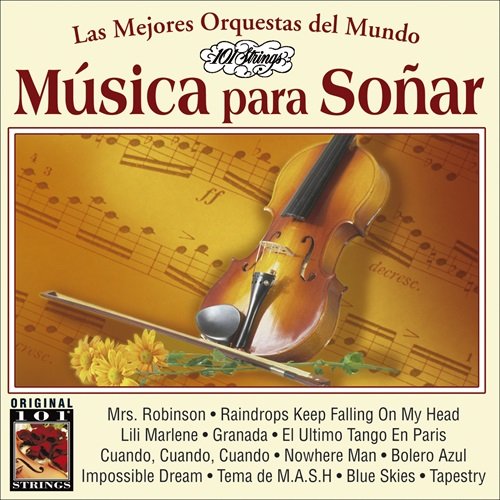Xiayin Wang, Royal Scottish National Orchestra, Peter Oundjian - American Piano Concertos (2013) [Hi-Res]

Artist: Xiayin Wang, Royal Scottish National Orchestra, Peter Oundjian
Title: American Piano Concertos
Year Of Release: 2013
Label: Chandos
Genre: Classical, Piano
Quality: flac 24bits - 96.0kHz +Booklet
Total Time: 01:15:39
Total Size: 777 mb
WebSite: Album Preview
TracklistTitle: American Piano Concertos
Year Of Release: 2013
Label: Chandos
Genre: Classical, Piano
Quality: flac 24bits - 96.0kHz +Booklet
Total Time: 01:15:39
Total Size: 777 mb
WebSite: Album Preview
---------
01. Piano Concerto, Op. 38: I. Allegro appassionato
02. Piano Concerto, Op. 38: II. Canzone. Moderato
03. Piano Concerto, Op. 38: III. Allegro molto
04. Piano Concerto: I. Andante sostenuto
05. Piano Concerto: II. Molto moderato
06. Piano Concerto in F Major: I. Allegro moderato-Cantabile-Poco meno scherzando
07. Piano Concerto in F Major: II. Andante con moto
08. Piano Concerto in F Major: III. Allegro con brio
The young Chinese-born pianist Xiayin Wang, now resident in the USA, has been enthralling audiences worldwide and gaining ever greater international acclaim with her winning combination of consummate technical brilliance, fine musicianship, and personal verve. Here she is the soloist in three great American piano concertos and is joined by the Royal Scottish National Orchestra and Peter Oundjian. The Concerto in F by George Gershwin, composed in 1925, represents one of his finest syntheses of the classical and jazz traditions and his extraordinary skill as a tunesmith is displayed throughout. Xiayin Wang has already shown her natural affinity with Gershwin’s music in her previous Chandos release, playing Earl Wild’s Gershwin transcriptions with ‘verve, brilliance and sheer delight’, as American Record Guide put it. Aaron Copland’s Piano Concerto from 1927 is another work influenced by jazz but unlike Gershwin his style reflects the jazz elements used by composers living in Paris in the 1920s, such as Milhaud and Stravinsky. Samuel Barber’s Concerto for Piano dates from 1962 and is another work that shows the diversity of influence in American music in the twentieth century. In the work there are elements of Russian music and jazz as well as the romanticism that we find in all of Barber’s output.





![Shawn Lovato - Biotic (2026) [Hi-Res] Shawn Lovato - Biotic (2026) [Hi-Res]](https://www.dibpic.com/uploads/posts/2026-02/1770943933_cover.jpg)


![Herbie Mann - East Coast Jazz / 4 (Remastered 2014) (2026) [Hi-Res] Herbie Mann - East Coast Jazz / 4 (Remastered 2014) (2026) [Hi-Res]](https://www.dibpic.com/uploads/posts/2026-02/1770799757_u38b9gzog0i62_600.jpg)